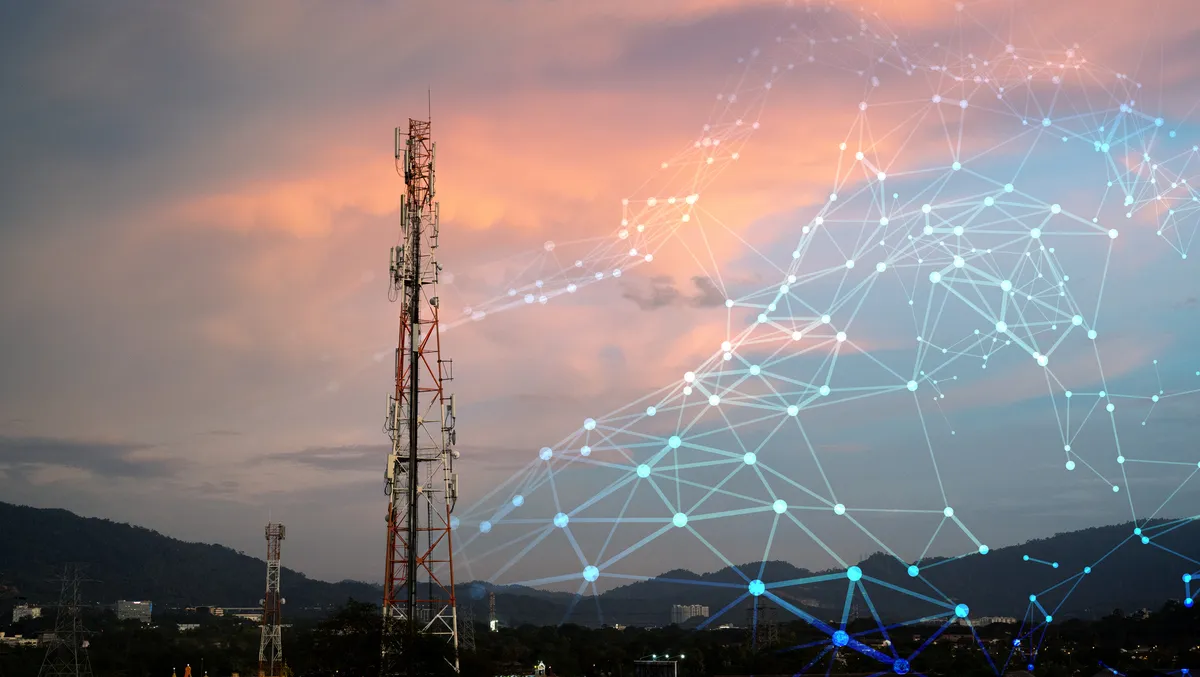
Huawei joins ITU and IAEA's AI for Good 5G Challenge
A problem statement by Huawei introduced as part of the AI for Good "Machine Learning in 5G Challenge", the United Nations platform for inclusive dialogue on AI, seeks to raise awareness on the role of AI in combating climate change.
The problem statement is as follows.
"5G, the fifth generation of radio technology, has brought about new services, technologies, and networking paradigms, with the corresponding social benefits. However, there is growing concern over the energy consumption of these new network deployments. While 5G networks are estimated to be about 4x more energy-efficient than 4G networks, their energy consumption is approximately 3x larger due to the need for a larger number of cells to provide the same coverage at higher frequencies and the increased processing required for wider bandwidths and more antennas. It is worth noting that, on average, network operational expenditure (OPEX) already accounts for around 25 percent of the total operator's cost, and 90 percent of it is spent on large energy bills. More than 70 percent of this energy is estimated to be consumed by the radio access network (RAN), particularly by the base stations (BSs), while data centres and fibre transport account for a smaller share."
This problem statement is part of a series of competitions curated by United Nations organizations, led by the International Telecommunication Union (ITU) and the International Atomic Energy Agency (IAEA), tapping into the crowd's wisdom to find AI solutions for climate change.
The 5G energy consumption modelling challenge, curated by Huawei, aims to develop machine learning models that reduce the energy consumption of base stations from any manufacturer. Over the coming months, academics worldwide are encouraged to apply their minds to this problem statement.
Team registration is now open and will close on September 30, 2023. A panel of judges will evaluate the best solutions, subsequently presented during the 28th Conference of the Parties (COP28) to the United Nations Framework Convention on Climate Change in Dubai, UAE, at the end of this year.
Xi Zheng, a researcher with Huawei's Global Technical Service Department and coordinator of the challenge, says the company hopes to "raise awareness of knotty problems in ICT, encourage researchers and experts worldwide to contribute to the maturity of applicable solutions, and present how AI capabilities can be leveraged to deal with real-life issues".
She adds that winners will receive cash prizes, internships, and collaboration opportunities with Huawei.
Huawei's problem statement covers one of the thematic areas of the competition. Other thematic areas include food and climate-smart agriculture and water resource management.
Seizo Onoe, Director of ITU's Telecommunication Standardization Bureau, says it is critical to observe "how ICT and AI solutions, when combined, can provide effective solutions for concrete action, at a time when tangible progress is urgently called for on a global scale".
"The problem statements announced here, supported by a global community of key actors including Huawei, may offer a glimpse into exciting new paths, creating momentum for joint digital climate action," adds Thomas Basikolo, programme officer at ITU. He is also the coordinator and manager of ITU's Machine Learning and 5G activities.
This marks the fourth edition of ITU's AI/Machine Learning in 5G challenge. The challenge connects participants from more than 100 countries, with industry and academia, solving real-world problems using AI and machine learning in communication networks.


